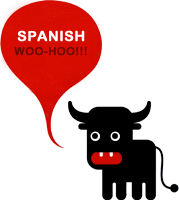Composition and Nationalism of Spanish autonomous communities
Although Spain can be classed as one of the most peaceful countries run by a decentralised state, unrest and controversy are known to occur, particularly in the communities of Catalonia, the Basque country and Valencia.
Catalonia
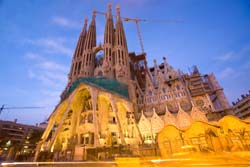
As the capital city of the autonomous community of Catalonia, Barcelona is one of Spain’s top tourist destinations, its incomparable architecture, rich culture and coastal location make it extremely attractive to short-term and long-term visitors alike. Second in size only to the country’s capital city of Madrid, Barcelona is also home to one of the best football teams in the world, making the city itself a recognised global destination. As an autonomous community, Catalonia prizes itself on its distinct, unique cultural heritage and is also a forerunner in terms of arts and entertainment, being the birth place of world-famous artists such as Antoni Gaudí and Salvador Dalí.
Catalonia has gained political freedom since democracy was reinstated in Spain from 1975 onwards, being declared as a historical nationality with the release of the constitution of 1978. Many of the region’s cultural, educational and transportation policies are controlled in most part by the Generalitat de Catalunya from the region’s capital, Barcelona, which is the community’s local government. However, since gaining such freedom many of the governments leading political parties have expressed the desire for further independence and autonomy from the central state and have even hinted at a want of complete separation from Spain altogether and support for this idea has increased in recent years. Language and culture are some of the main ways in which Catalonia distinguishes itself from the rest of Spain, which is why it is never a good idea to refer to the Castilian language as ‘Spanish’ in the presence of Catalan people.
Basque Country
As the wealthiest autonomous community in Spain, the Basque country is a leader in industry and economy. Further split into three provinces, the region has a strong governmental system which was restored during the transition to democracy. Green and luscious vegetation blanket the community’s landscape making it unique to many of Spain’s other autonomous communities with Basque culture and language setting it apart from the rest.
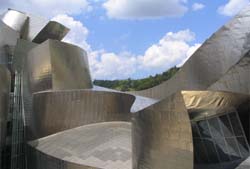
Along with Catalonia, the autonomous community of the Basque country was declared a historical nationality in the wake of democracy allowing them certain governmental powers. The Basque country is split into three particular areas: the autonomous community, the northern Basque country (in France) and Navarre, although the majority of the Basque population reside in the autonomous community in Spain. It could be said that Basque nationalism is somewhat stronger than that of Catalonia, with violence and terrorism having represented the ideology of a minority who strive for complete Basque independence. The ETA has been the main culprit of a number of deaths, kidnappings and injuries across Spain in separatist attacks; though a permanent ceasefire was declared officially in 2010 restoring peace to the country.
Valencia
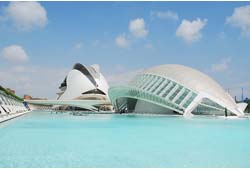
The Community of Valencia was declared autonomous in 1982 as a result of its status as a historical nationality of Spain. Like Catalonia, the community is governed to a certain extent by the Generalitat Valenciana with official languages being Valencian and Castilian. The capital of the community is the city of Valencia, one with particular attention to arts and sciences, a world heritage site and one of the most important shipping ports in Europe. The city’s strengths in these areas make the community of Valencia one of the fastest growing in Spain. The province of Alicante is also of particular importance to the tourism industry with thousands of visitors from all over the world descending onto its sandy beaches and beautiful landscape every summer.
Andalusia
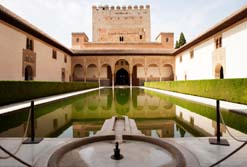
The second biggest autonomous community in Spain, Andalusia is home to and creator of many of the customs that visitors today class as ‘typically Spanish’ such as flamenco and bullfighting is particularly popular. Many of Andalusia’s roots lie in the fact that it was once overrun by Moors who instilled their architecture and customs upon the region and these still live on today in many ways and make up the regions unique and beautiful culture. The community is split into 8 provinces: Córdoba, Granada, Málaga, Seville, Huelva, Cádiz, Almeria and Jaén; each rich in culture, architecture and history making the region particularly attractive to visitors.
The autonomous community is controlled by the Junta de Andalucía which focuses on tourism, agriculture, health and development throughout the region. Agriculture and farming are of particular importance across Andalucía due to the warm climate; olive groves and vineyards can be seen all over the countryside and provide a sustainable economy for the region.




